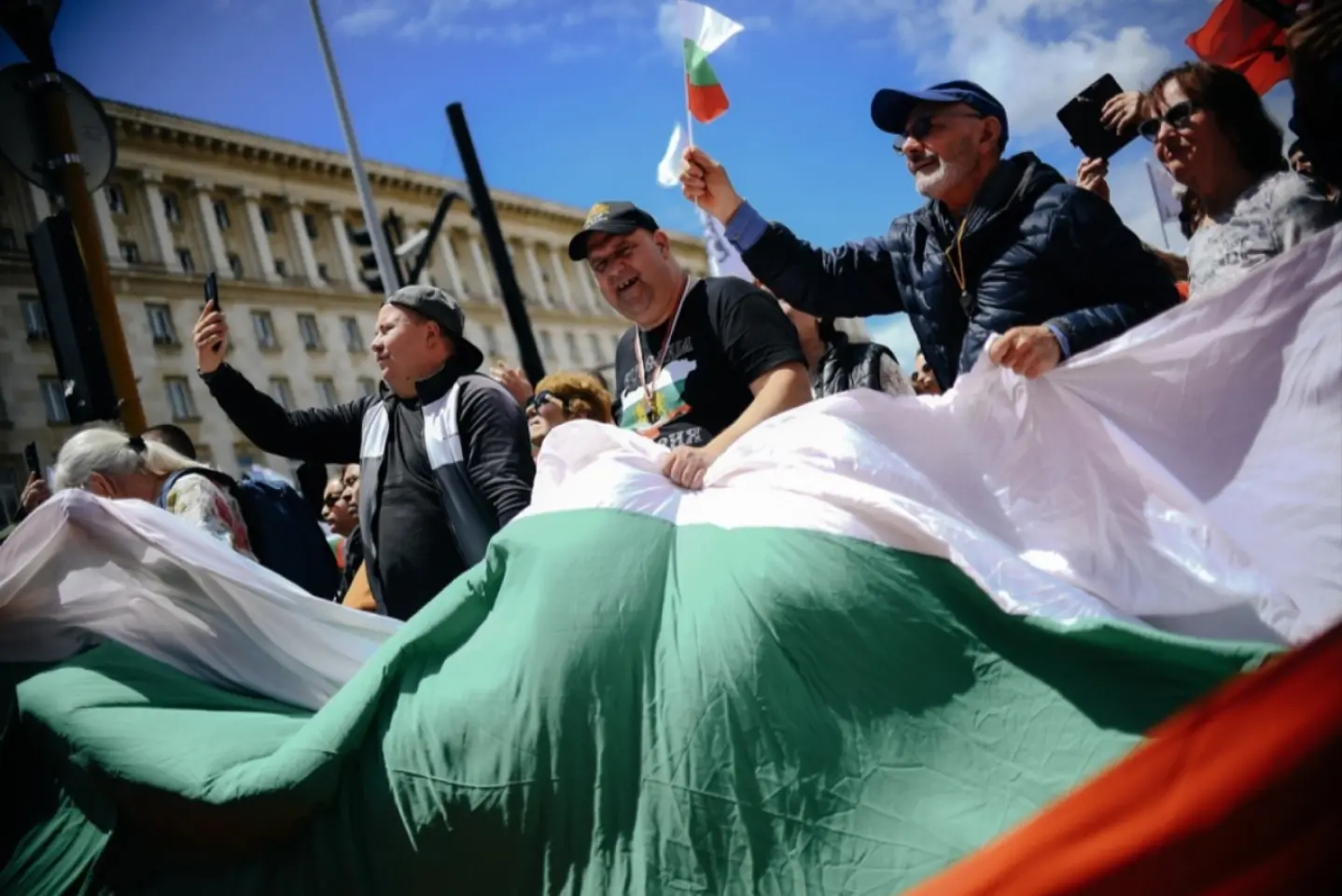
A vigorous campaign against the adoption of the Euro, the normalization of anti-LGBT discourse, and a campaign for religion in schools have recently raised tensions in Bulgaria, in a period that was also marked by the trial and conviction in the UK of six Bulgarians who spied for Russia and claimed to have connections at the top of the Bulgarian state.

Can a pro-European candidate still prevail in a country steadily turning to the nationalist right?

The political evolution of (Neo)Legionarism, from pocket political parties, such as those created by Marian Munteanu, to organizations like The New Right (Noua Dreaptă) – the connecting link between (Neo)Legionarism and sovereigntism – and politicians who frequently make the front page, such as George Simion, Călin Georgescu and Diana Șoșoacă.

The Legionary movement re-emerged in Romania shortly after the 1989 Revolution. Some legionary theses and ideas can be identified in the discourse of present-day sovereignists. Veridica briefly traces the development of the (neo)legionary movement in post-communist Romania, under the authorities’ permissive eye.

George Simion wants to take over the MAGA image, and his good score in the presidential election has brought him to the attention of European extremists. However, a sovereignist policy would spell economic costs and political isolation for Romania.

The election campaign in Poland is marked by bizarre candidates, debates unrelated to the president's duties, and the influence of Russian narratives and MAGA ideology.

Pro-rușii din Bulgaria au profitat de tăcerea pro-europenilor pentru a exploata în scop politic uciderea unui angajat bulgar al ONU în Fâșia Gaza.

The Europeans want to prolong the war even by sending troops to the front, according to a false narrative promoted in Romania by the controversial analyst Dan Dungaciu.

The ruling GERB party, marred in the past by corruption allegations but with a pro-European discourse, is embracing some ideas of pro-Russian extremists and seems ready to adapt to Washington's new policy.

The so-called “blacklists” have recently remerged in Romania – they are particularly circulated by Călin Georgescu’s supporters. In Romania, blacklists have a rather dark history, as they were used by extremists to take out their opponents.

A new word is gradually gaining traction across media and political debates: “sovereignists”. How does it all impact liberal democracy? To what extent can sovereignists influence EU politics?

A fake account attributed to Julian Assange expresses its admiration for Călin Georgescu. The fake didn't bother the Romanian extremist, who instead set about debunking made-up fakes.

There are no anti-EU, anti-NATO or far-right parties in Romania, claims Ion Cristoiu, a well-known promoter of narratives of Russian origin.

A far-right protest in Sofia against a XIX century play directed by John Malkovich brought to the spotlight the disinformation and propaganda campaign targeting Bulgaria’s culture and education.

From Diana Șoșoacă's “pen revolution” to George Simion's “giro giro girofaru” posts and #CălinGeorgescu, sovereigntists have taken Romania’s TikTok by storm, a space where they campaigned even on election day. Altogether, sovereigntist candidates grabbed nearly 40% of total votes.

Boyko Borissov’s GERB party expectedly topped the vote, but the elections left a bitter taste that political influence can be easily bought. They also underlined a worrying tendency for ethnicization of the vote.

During PiS’ years in power, public money were funneled to the party, the Church, and various far-right groups. Some of those that benefited were openely pro-Russian.